
The Serene Plateau of Jos
Nestled in the heart of Nigeria, Jos is a city that offers a unique blend of scenic beauty, rich culture, and pleasant weather. Known for its cool climate, thanks to its elevation on the Jos Plateau, the city provides a refreshing escape from the tropical heat typical of most Nigerian cities. Its landscape is adorned with lush greenery, rolling hills, and fascinating rock formations that make it a haven for nature lovers and adventure seekers alike. Jos is home to several cultural landmarks and historical sites that offer a glimpse into Nigeria's diverse heritage. The Jos Museum, one of the oldest in the country, houses a remarkable collection of artifacts and exhibits that chronicle the history and traditions of the various ethnic groups in the region. The nearby Nok Village is another must-visit for history buffs, where you can explore ancient terracotta sculptures that date back to 500 BC. For those who enjoy outdoor activities, Jos provides plenty of options. The Shere Hills are perfect for hiking and offer panoramic views of the city and its surroundings. The Jos Wildlife Park is another popular attraction, where you can see various species of animals in a natural setting. Additionally, the Assop Falls, just a short drive from the city, is a picturesque spot ideal for picnics and relaxation. The city's vibrant market scene is also worth exploring. The Jos Main Market is a bustling hub where you can find a wide range of local crafts, textiles, and fresh produce. The city's culinary scene is equally diverse, offering a mix of traditional Nigerian dishes and international cuisine. A visit to Jos wouldn't be complete without trying some local specialties, such as the spicy suya (grilled meat skewers) and pounded yam with egusi soup.
Local tips in Jos
- Dress in layers to accommodate the cool mornings and warmer afternoons typical of Jos' climate.
- Visit the Jos Museum early in the day to avoid crowds and have ample time to explore.
- Hire a local guide for hiking trips to Shere Hills to ensure you don’t miss any scenic spots.
- Try to visit the Jos Wildlife Park during feeding times for a better chance to see the animals active.
- Bring cash for purchases at the Jos Main Market, as not all vendors accept credit cards.
The Serene Plateau of Jos
Nestled in the heart of Nigeria, Jos is a city that offers a unique blend of scenic beauty, rich culture, and pleasant weather. Known for its cool climate, thanks to its elevation on the Jos Plateau, the city provides a refreshing escape from the tropical heat typical of most Nigerian cities. Its landscape is adorned with lush greenery, rolling hills, and fascinating rock formations that make it a haven for nature lovers and adventure seekers alike. Jos is home to several cultural landmarks and historical sites that offer a glimpse into Nigeria's diverse heritage. The Jos Museum, one of the oldest in the country, houses a remarkable collection of artifacts and exhibits that chronicle the history and traditions of the various ethnic groups in the region. The nearby Nok Village is another must-visit for history buffs, where you can explore ancient terracotta sculptures that date back to 500 BC. For those who enjoy outdoor activities, Jos provides plenty of options. The Shere Hills are perfect for hiking and offer panoramic views of the city and its surroundings. The Jos Wildlife Park is another popular attraction, where you can see various species of animals in a natural setting. Additionally, the Assop Falls, just a short drive from the city, is a picturesque spot ideal for picnics and relaxation. The city's vibrant market scene is also worth exploring. The Jos Main Market is a bustling hub where you can find a wide range of local crafts, textiles, and fresh produce. The city's culinary scene is equally diverse, offering a mix of traditional Nigerian dishes and international cuisine. A visit to Jos wouldn't be complete without trying some local specialties, such as the spicy suya (grilled meat skewers) and pounded yam with egusi soup.
When is the best time to go to Jos?
Iconic landmarks you can’t miss
Mees Palace
Experience the serene beauty of Mees Palace in Jos, a perfect blend of nature and entertainment ideal for tourists and families.
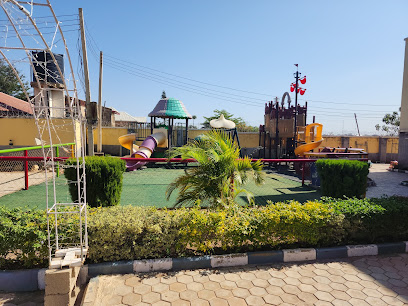
Varlaine Lounge
Experience the vibrant nightlife of Jos at Varlaine Lounge, where relaxation meets entertainment in a stylish atmosphere.
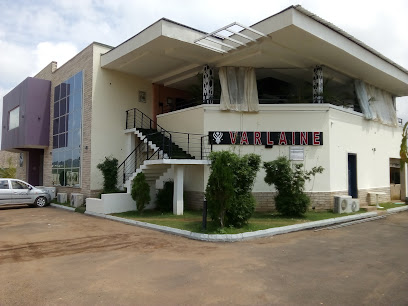
Steffan Hotel & Suites
Experience comfort and hospitality at Steffan Hotel & Suites, your gateway to exploring the scenic beauty of Jos, Plateau State.
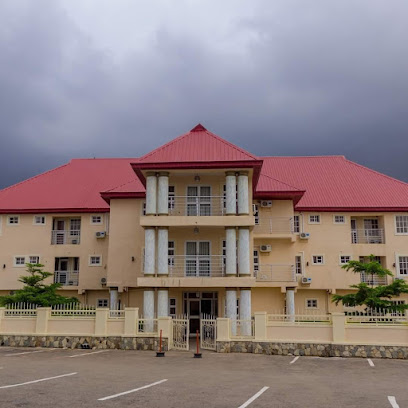
Silk Suites
Experience elegance and comfort at Silk Suites, a premier hotel in Jos, Nigeria, perfect for relaxation and exploration of the Plateau State.
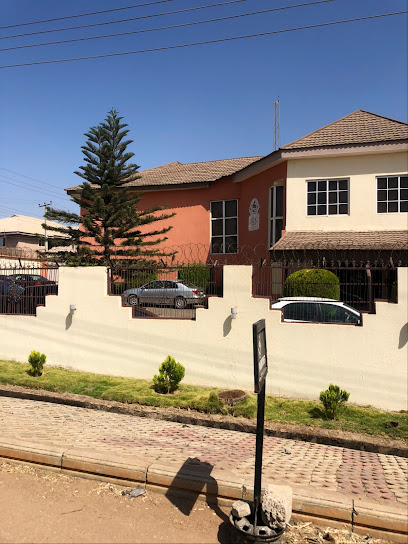
Valada Hotel and Resorts Ltd.
Experience unparalleled hospitality and comfort at Valada Hotel and Resorts Ltd. in the scenic Plateau region of Nigeria.
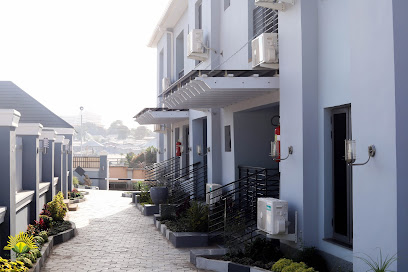
Crispan Hotel, Jos.
Discover comfort and tranquility at Crispan Hotel in Jos, a perfect retreat for travelers exploring the beauty of Plateau State.
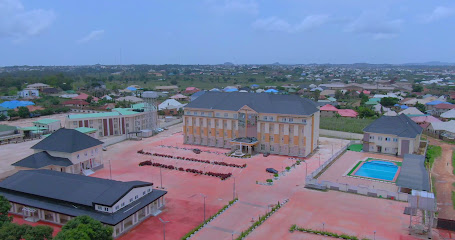
The Net Café
Discover the charm of The Net Café in Jos, where delightful breakfasts and warm hospitality await every traveler.
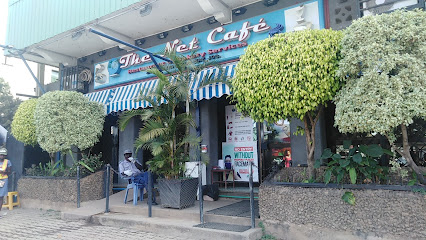
Iexplore Arena
Experience the thrill of go-karting at Iexplore Arena in Jos, Nigeria – where adrenaline meets fun in a stunning setting.
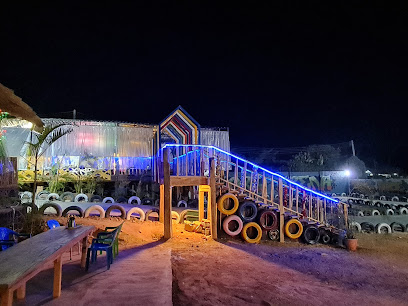
Ask Me Restaurant Jos
Discover the flavors of Nigeria at Ask Me Restaurant in Jos, where every breakfast is a celebration of local cuisine.
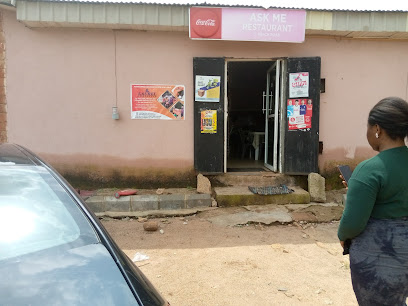
Jos Wildlife Park
Discover the beauty of nature at Jos Wildlife Park, a serene haven for wildlife enthusiasts and families in Plateau State, Nigeria.
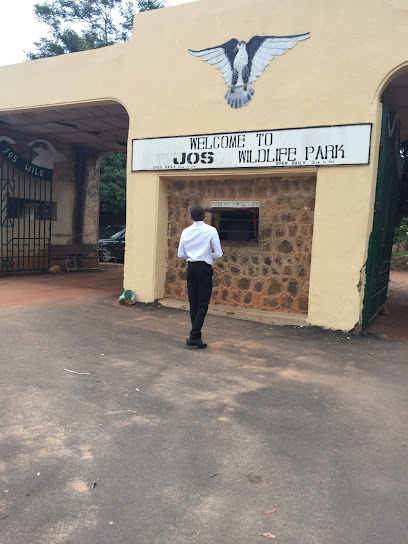
CRISPAN HOTEL, JOS
Experience comfort and tranquility at Crispan Hotel, the perfect base for exploring the captivating landscapes and culture of Jos in Nigeria.

Elim Top Suites
Discover comfort and convenience at Elim Top Suites, your perfect stay in Jos, Nigeria. Experience local charm with modern amenities in the heart of Plateau State.

Sweet November Bistro
Explore the vibrant culinary scene at Sweet November Bistro in Jos, offering a delightful mix of local and international flavors in a cozy setting.
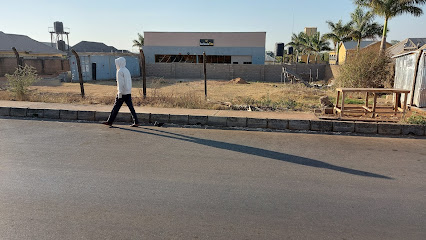
ECWA Headquarters Guest House Jos
Experience the serene charm of Plateau State at ECWA Headquarters Guest House Jos, where hospitality meets comfort in a picturesque setting.
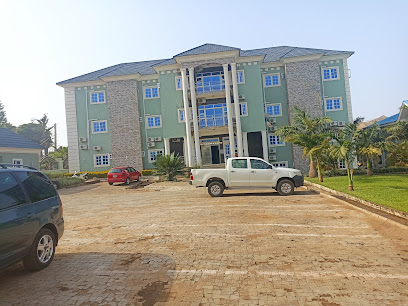
Tin City Cafe
Discover the flavors of Jos at Tin City Cafe, where great food meets a cozy atmosphere in the heart of Plateau State.
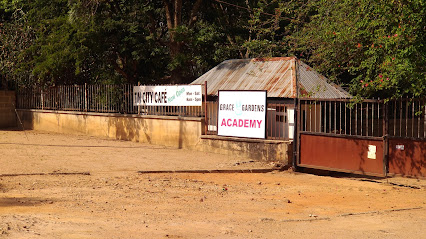
Unmissable attractions to see
Mees Palace
Discover the beauty of Mees Palace in Jos, a perfect blend of nature and entertainment, offering a serene park and an engaging movie theater experience.
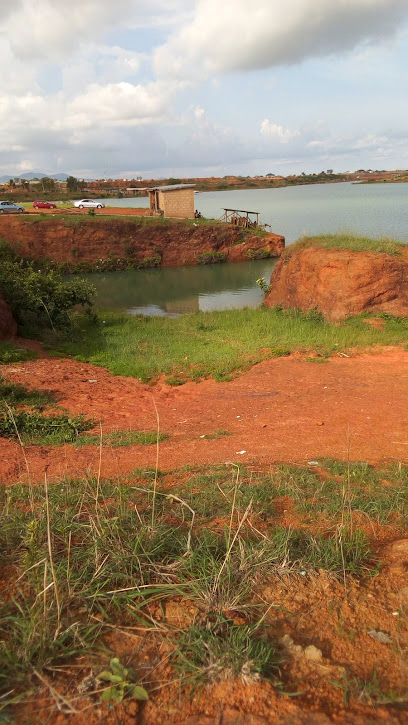
Jos Wildlife Park
Discover the beauty of nature at Jos Wildlife Park, a perfect blend of wildlife adventure and serene landscapes in Nigeria's Plateau region.
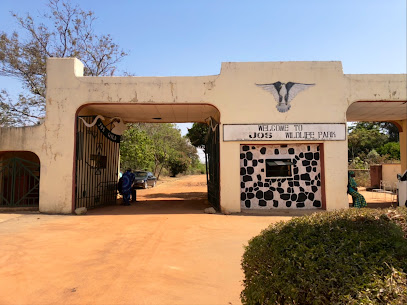
Jos Museum and Zoo
Explore the heritage and wildlife of Nigeria at Jos Museum and Zoo, where culture meets nature in a captivating setting.
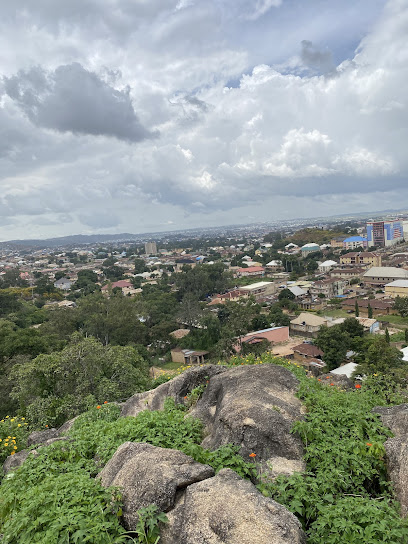
Rekta Park & Garden
Explore the beauty and serenity of Rekta Park & Garden in Jos, Plateau, a perfect getaway for nature lovers and families alike.
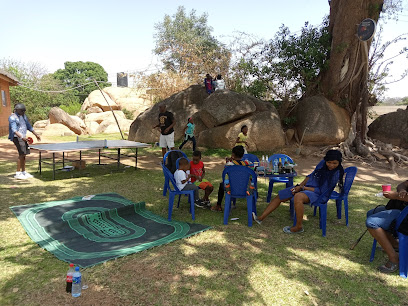
Jos City Park
Experience the tranquility of nature at Jos City Park, an oasis in Plateau State for relaxation, recreation, and cultural engagement.
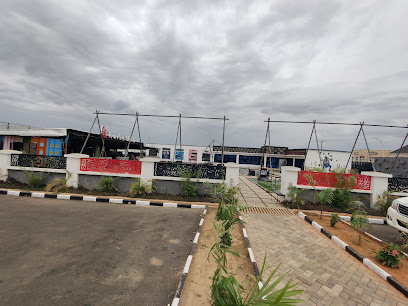
Zoo
Explore Jos Zoo, where wildlife and conservation come together in a vibrant setting, perfect for family outings and nature enthusiasts.
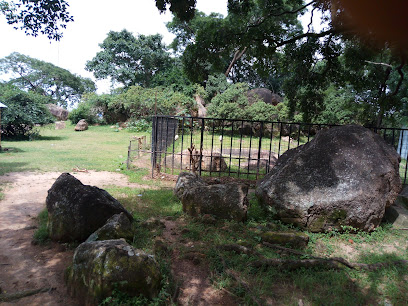
Solomon Lar Amusement Park
Discover the thrill and joy of Solomon Lar Amusement Park in Jos, a family-friendly destination filled with exciting rides and beautiful landscapes.
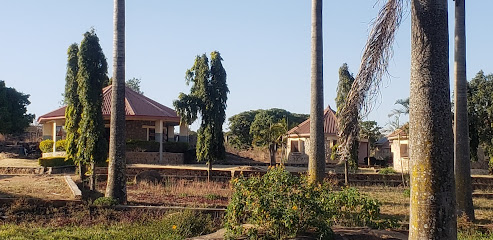
Korret's Hamlet
Experience the serene beauty of Korret's Hamlet, a tranquil park in Jos, perfect for relaxation, picnics, and enjoying nature's splendor.
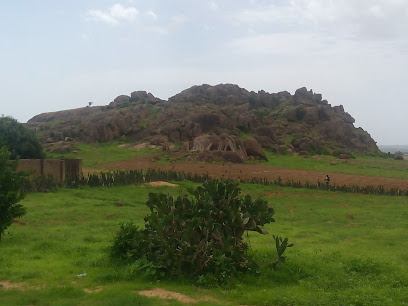
Just Relax
Discover the serene beauty of Just Relax Garden in Jos, a perfect sanctuary for nature lovers and those seeking peace amidst vibrant flora.
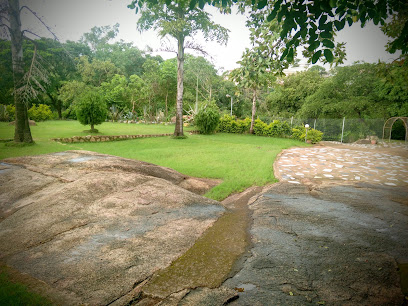
Eslee Gardens & Tourist Centre
Discover the beauty and tranquility of Eslee Gardens & Tourist Centre in Jos, a perfect venue for relaxation and events amidst stunning natural surroundings.
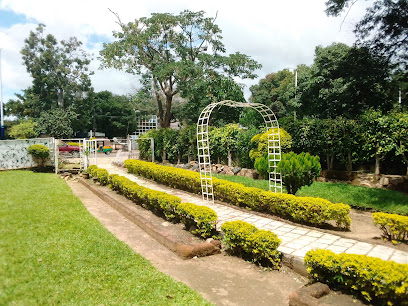
The Ten Commandments
Explore the majestic Ten Commandments in Reifild-Ist, a captivating landmark that blends spirituality, culture, and breathtaking scenery.
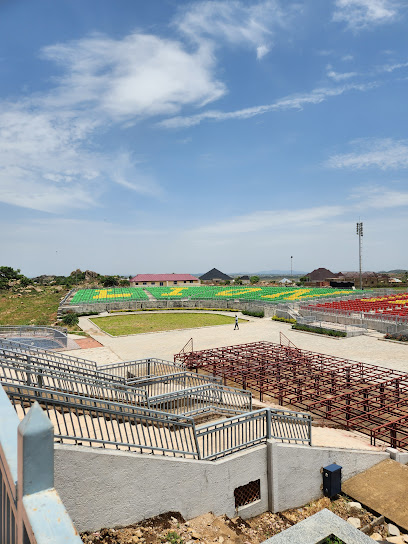
KORRETS HAMLET AMUSEMENT PARK AND EVENT CENTRE
Discover the joy of adventure and celebration at Korrets Hamlet Amusement Park, your ultimate destination for family fun and events in Jos.
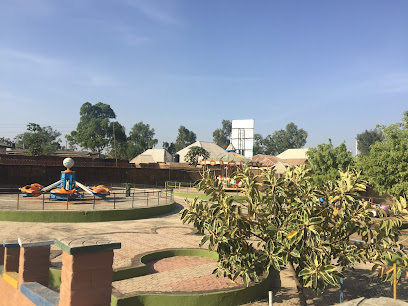
Bauchi Park
Explore the natural beauty of Bauchi Park in Jos, a serene getaway filled with lush greenery, perfect for families and nature lovers alike.
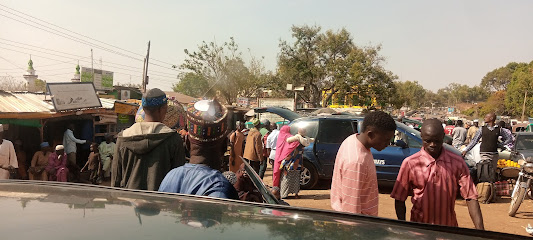
Potiskum Park
Explore the natural beauty and serene landscapes of Potiskum Park in Jos, Nigeria – a perfect retreat for relaxation and leisure amidst lush greenery.
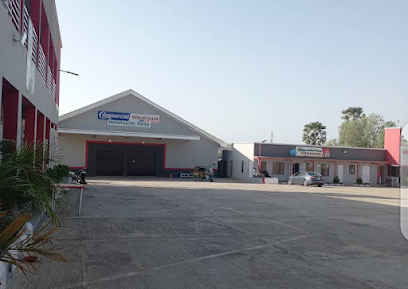
Museum of Traditional Architecture
Discover Nigeria's architectural heritage at the Museum of Traditional Architecture in Jos, showcasing traditional structures and cultural artifacts.
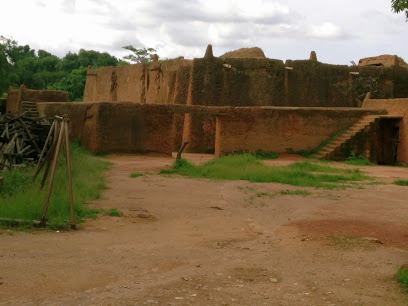
Essential places to dine
Pizza and Ice Cream Club
Discover the ultimate culinary delight at Pizza and Ice Cream Club in Jos—where every bite brings joy!
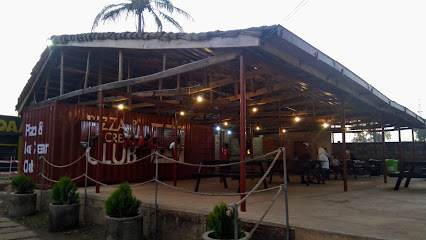
Jenny Kitchen Jos
Experience the rich flavors of Nigeria at Jenny Kitchen Jos – where local ingredients meet global cuisine in a cozy atmosphere.
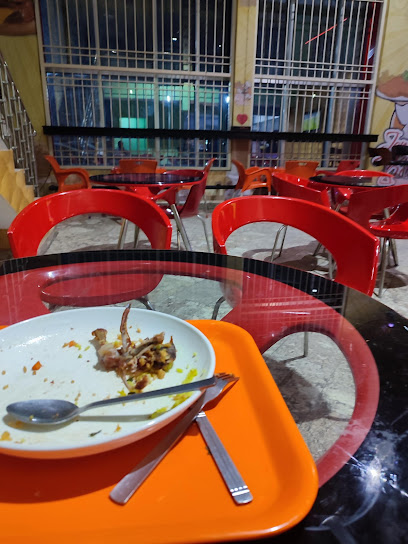
The Net Café
Discover the delightful flavors at The Net Café in Jos—your perfect breakfast spot for a taste of local and international cuisine.
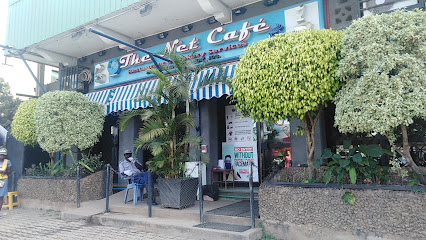
Madam Calabar Restaurant
Experience authentic Nigerian cuisine at Madam Calabar Restaurant in Jos – where every meal tells a story.
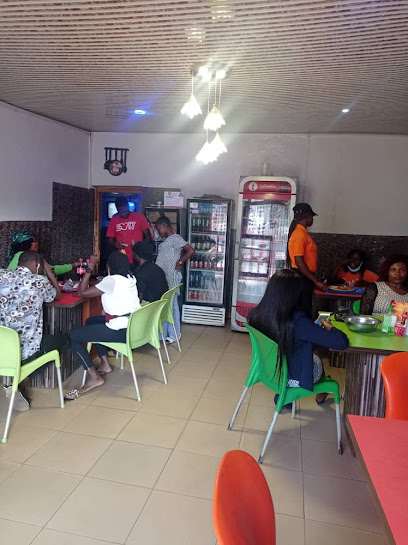
Ask Me Restaurant Jos
Experience the rich flavors of Nigeria at Ask Me Restaurant Jos - your go-to spot for breakfast and more!
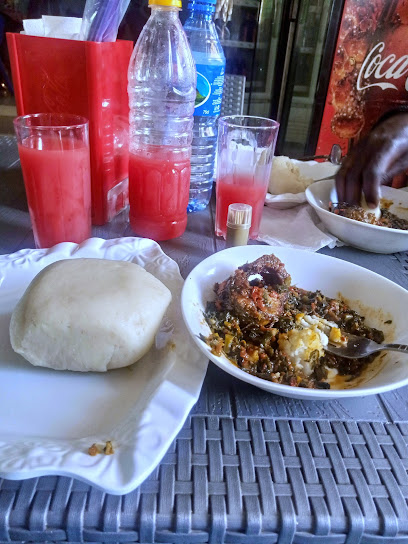
Tasty Fingers
Discover authentic Nigerian flavors at Tasty Fingers in Jos - where every bite tells a story.
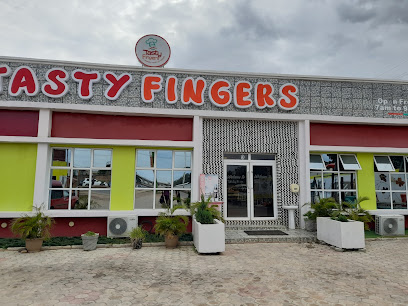
The STOP Food & Hospitality
Experience exceptional continental cuisine at The STOP Food & Hospitality in Jos—where every meal is a celebration of flavor.
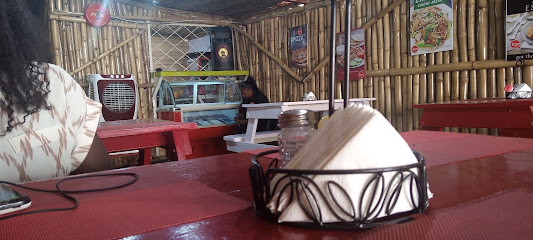
Sweet November Bistro
Experience culinary delights at Sweet November Bistro in Jos; where local flavors meet international cuisine in an inviting atmosphere.
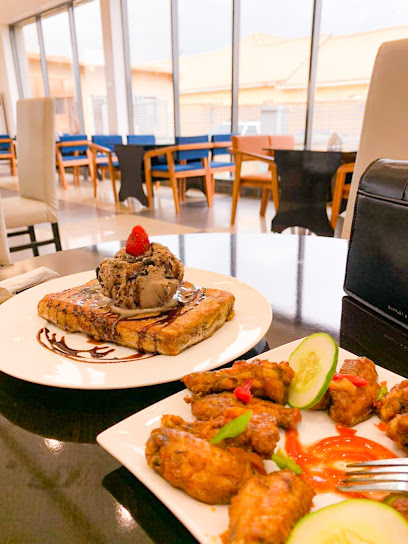
Tin City Cafe
Discover the charm of Tin City Cafe in Jos – where delightful breakfasts meet cozy ambiance for an unforgettable culinary experience.
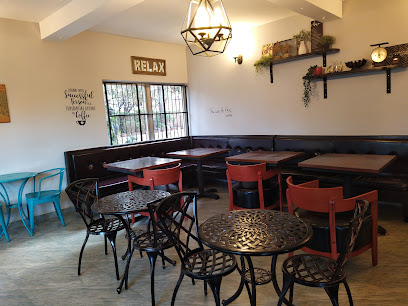
Dikim Rock Garden
Experience the tranquility of nature at Dikim Rock Garden - Jos's premier beer garden offering refreshing brews amidst stunning landscapes.
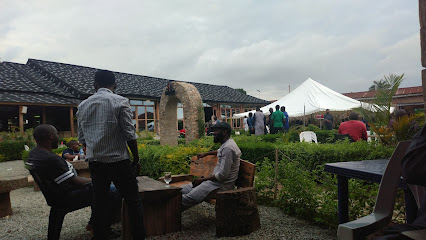
0Zero Cafe
Discover serenity at 0Zero Cafe in Jos - where delicious food meets tranquil ambiance amidst Nigeria's beautiful Plateau region.
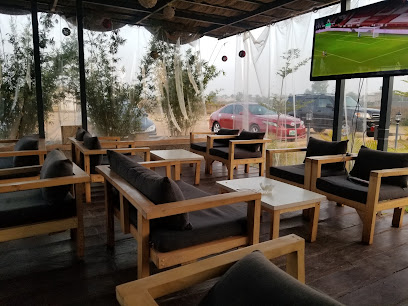
JW's Cuisines
Experience authentic Nigerian cuisine at JW's Cuisines in Jos—where every meal tells a story of flavor and tradition.
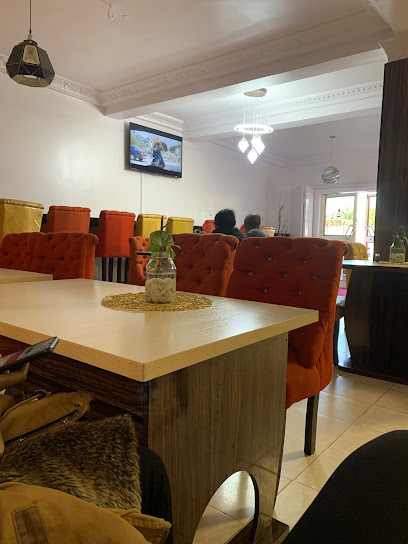
The New Beach Restaurant and Lounge
Experience delightful breakfasts at The New Beach Restaurant and Lounge in Jos - where flavor meets comfort in an inviting atmosphere.
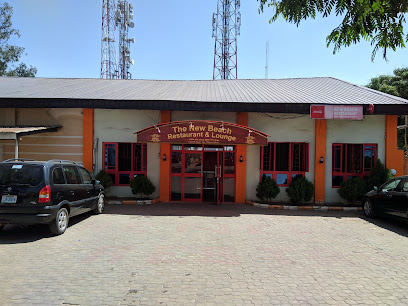
Barcardi Restaurant and Cafè #barcardijos
Discover the culinary delights at Barcardi Restaurant and Café in Jos – where every meal is a celebration of flavor.
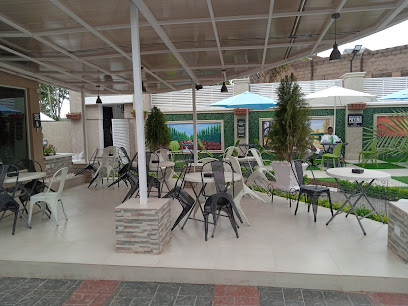
Aone Restaurant
Discover the unique flavors of Jos at Aone Restaurant – where culinary tradition meets modern dining.
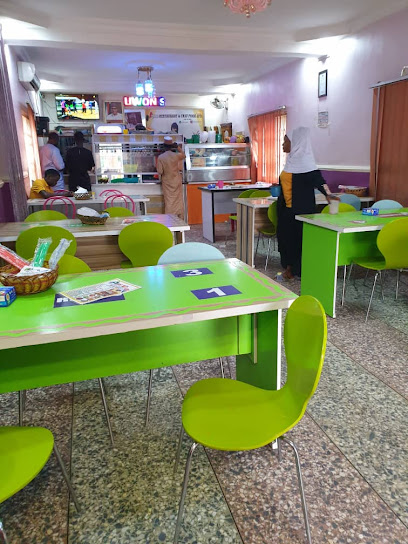
Markets, malls and hidden boutiques
Onigbinde Store
Discover the best of local groceries and unique products at Onigbinde Store in Jos, Nigeria – a shopper's paradise in Plateau State.
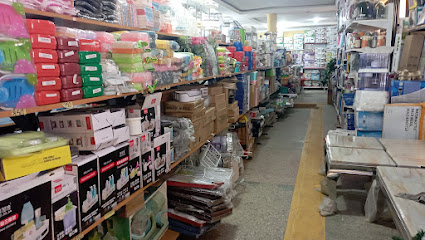
Shop
Explore the vibrant shopping mall in Jos, a perfect blend of local culture, retail variety, and delicious cuisine in Plateau State.
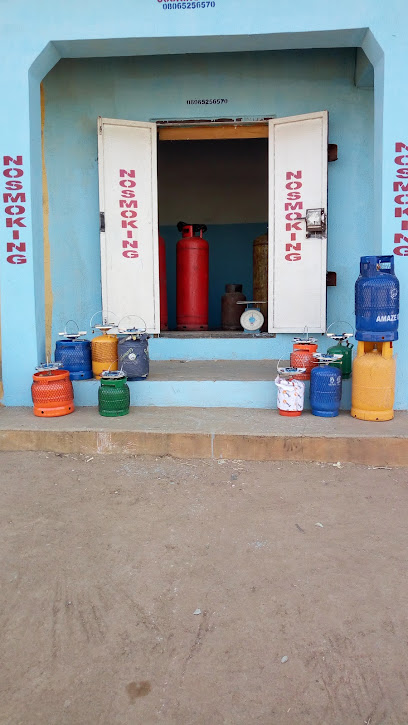
Miniso
Explore Miniso in Jos for a trendy shopping experience with affordable prices and stylish products that cater to every taste.
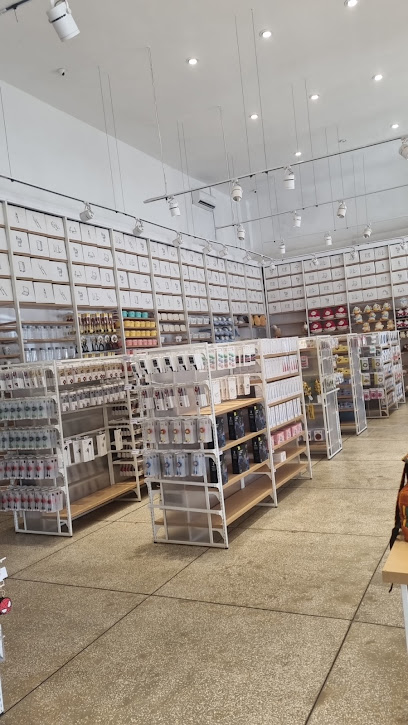
Tonero Collection
Experience the vibrant fashion scene at Tonero Collection, a must-visit clothing store in Jos, Plateau, offering unique styles and local craftsmanship.
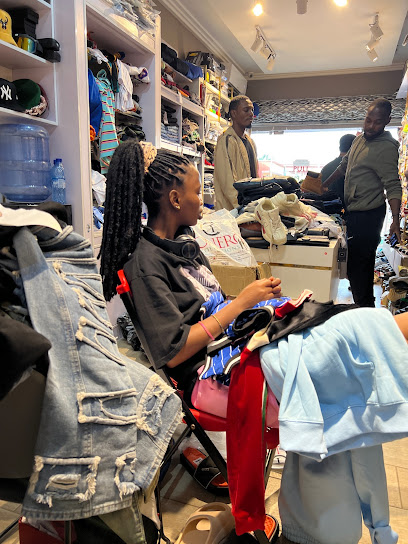
'yan gwanjo market
Discover unique fashion and local culture at 'Yan Gwanjo Market in Jos, Plateau State - a vibrant hub for used clothing and accessories.
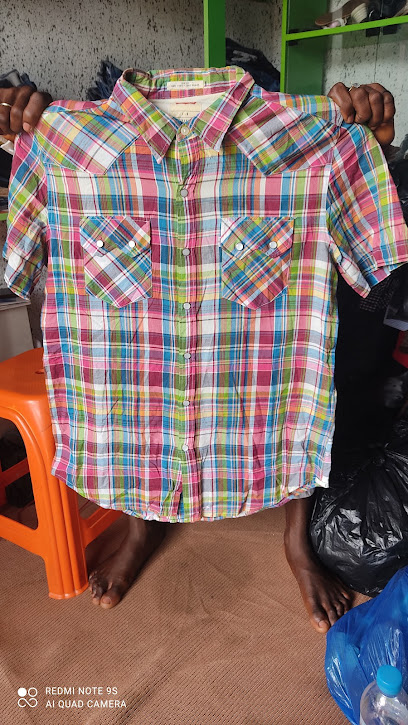
Good Look
Discover unique fashion and local artistry at Good Look, a premier boutique in Jos, Plateau State, Nigeria.
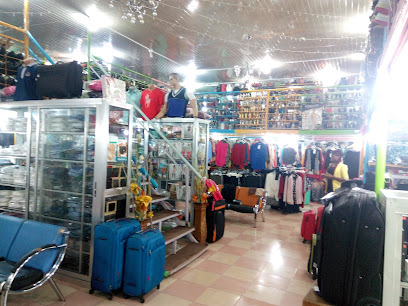
Sunny Best Collection
Discover unique fashion at Sunny Best Collection, a vibrant clothing store in Jos, Plateau, perfect for tourists seeking stylish apparel.
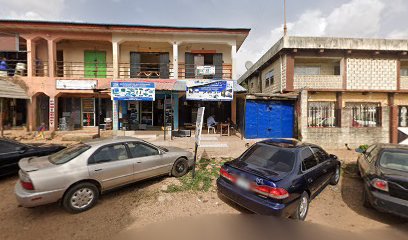
Unique Collections
Explore Unique Collections in Jos, a boutique celebrating local artistry with handcrafted gifts and treasures that embody the spirit of Plateau State.
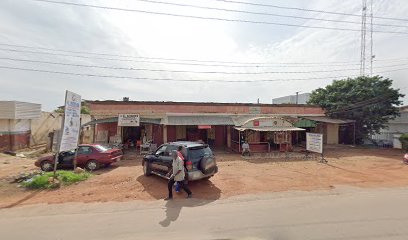
Ishaya Boutique
Explore unique fashion and vibrant styles at Ishaya Boutique in Jos, Plateau - a must-visit for clothing enthusiasts and cultural explorers.

Andy Best Boutique
Explore the vibrant fashion scene at Andy Best Boutique in Jos, offering a blend of traditional and contemporary styles for every fashion lover.
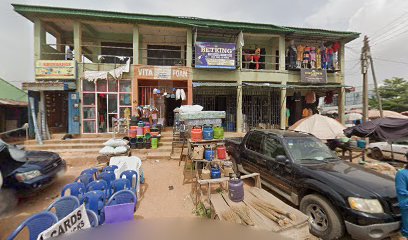
M And S Baby Boutique
Discover stylish and comfortable baby clothing at M And S Baby Boutique in Jos, the ultimate shopping experience for parents and their little ones.

Stone Minerals Nigeria
Explore the vibrant world of Nigerian fashion at Stone Minerals Nigeria, where unique clothing and local craftsmanship come together in Jos East.

Bride Of Lord Will Gifts Shop
Explore the vibrant culture and unique crafts at Bride Of Lord Will Gifts Shop in Jos, Plateau State, Nigeria - a treasure trove for every traveler.
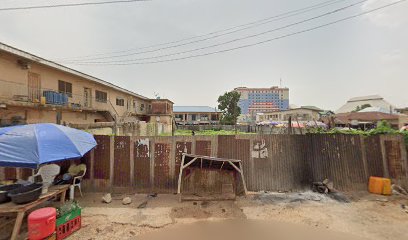
Romanus Boutique
Explore Romanus Boutique in Jos for a unique blend of local craftsmanship and contemporary fashion, perfect for memorable souvenirs.

Unik Kollecction
Explore Unik Kollecction in Jos for an unparalleled boutique shopping experience, showcasing the beauty and creativity of Nigerian craftsmanship.
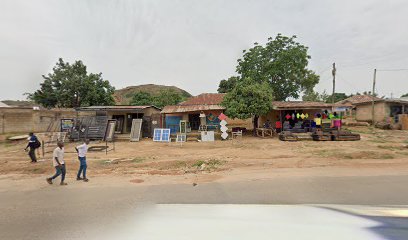
Essential bars & hidden hideouts
Astoria Lounge
Experience the vibrant nightlife at Astoria Lounge in Jos, where local flavors meet a lively atmosphere for unforgettable evenings.
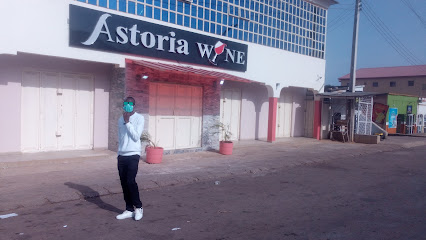
Treasure lounge and Grills Jos
Experience a culinary delight at Treasure Lounge and Grills in Jos, where vibrant flavors and a cozy atmosphere come together.
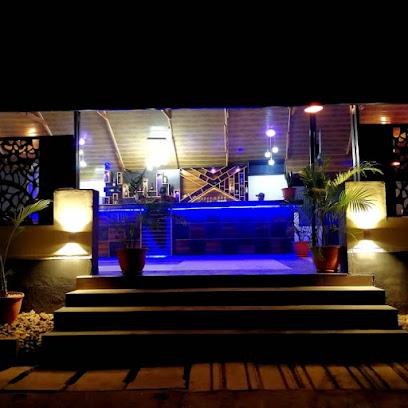
De Bridge Bar & Club
Discover the vibrant nightlife and diverse drink offerings at De Bridge Bar & Club in Jos, a must-visit for an unforgettable experience in Plateau.
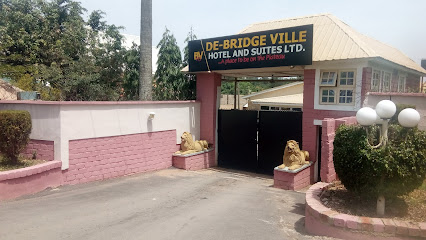
Barcardi Restaurant and Cafè #barcardijos
Experience the best of local and international flavors at Barcardi Restaurant and Café, a culinary gem in the heart of Jos.
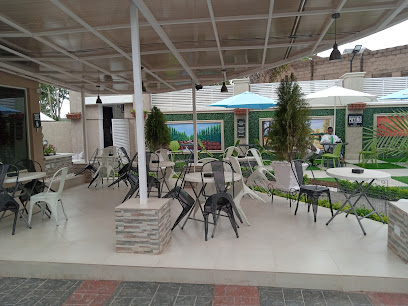
Tuscany
Experience the vibrant atmosphere, delightful drinks, and live music at Tuscany, a must-visit bar in Jos, Plateau, Nigeria.
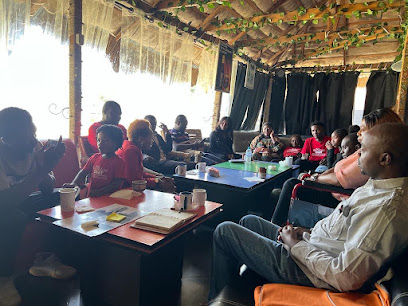
Tiger Bar Jos
Dive into the lively atmosphere of Tiger Bar Jos, where local culture meets modern flair in a unique bar experience.
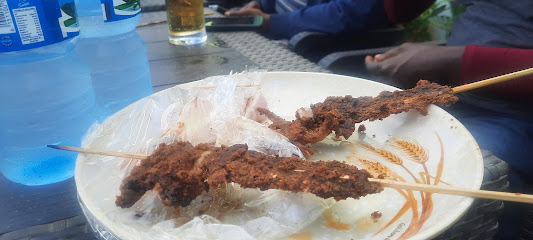
Bush Bar
Discover the vibrant nightlife at Bush Bar in Jos, a perfect blend of local culture and refreshing drinks in Plateau's lively atmosphere.
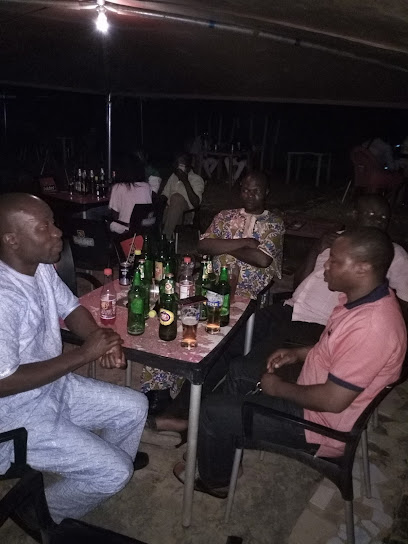
Versecorp Lounge and Cafe
Experience the lively atmosphere of Versecorp Lounge and Cafe in Jos, a perfect spot for drinks, delicious meals, and entertainment.
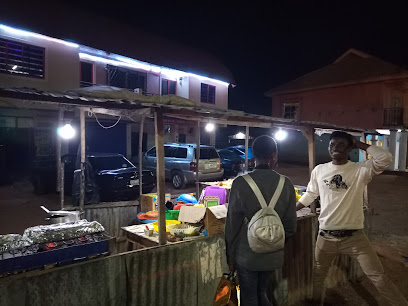
Hideout lounge
Experience vibrant nightlife and delicious cuisine at Hideout Lounge, a premier spot for relaxation and socialization in Jos.
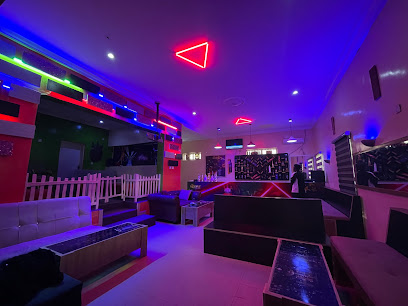
Night Jar
Discover the vibrant flavors of Night Jar in Jos, where grilled delights meet a lively atmosphere for an unforgettable dining experience.
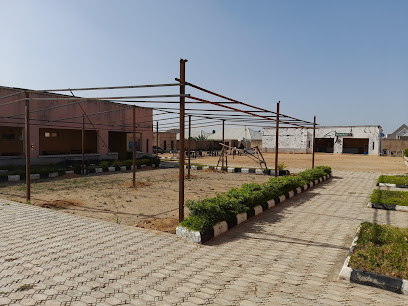
FLAMES Bar & Grill
Discover the vibrant dining and nightlife scene at FLAMES Bar & Grill in Jos, where delicious food meets a lively atmosphere.
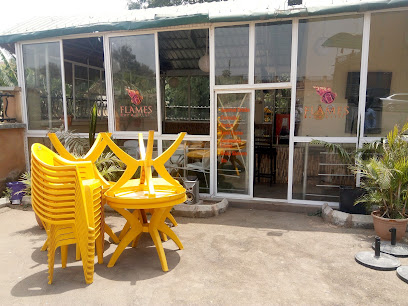
Cocktails And Starters Bar & Restaurant
Discover a delightful fusion of cocktails and starters at Cocktails And Starters Bar & Restaurant in Jos, where flavor meets a vibrant atmosphere.
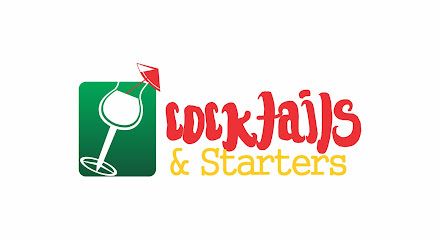
Mercury Bar
Experience the vibrant nightlife of Jos at Mercury Bar, where refreshing drinks and a lively atmosphere await every traveler.
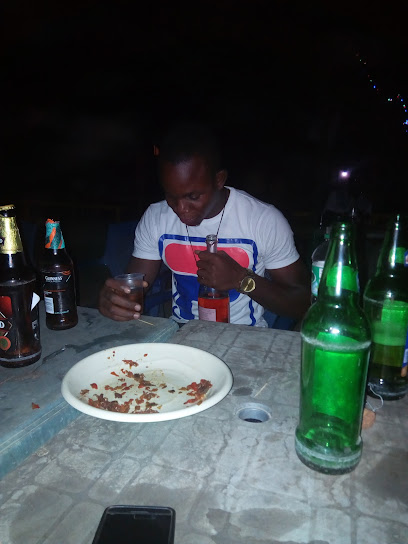
Cabròn Bar and restaurant
Discover the lively Cabròn Bar and Restaurant in Jos, where delicious local cuisine meets a vibrant nightlife experience in the heart of Plateau.
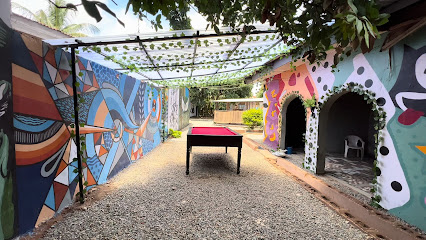
Local Phrases
-
- HelloBarka da zuwa
[Bar-ka da zu-wa] - GoodbyeSai an jima
[Sai an ji-ma] - YesEh
[Eh] - NoA'a
[A-a] - Please/You're welcomeDa so
[Da so] - Thank youNagode
[Na-go-de] - Excuse me/SorrySamu
[Sa-mu] - How are you?Yaya zaka zo?
[Ya-ya za-ka zo?] - Fine. And you?Lafiya. Kana lafiya?
[La-fi-ya. Ka-na la-fi-ya?] - Do you speak English?Kana iya fada Turanci?
[Ka-na i-ya fa-da Tu-ran-chi?] - I don't understandBa na fahimci
[Ba na fa-him-chi]
- HelloBarka da zuwa
-
- I'd like to see the menu, pleaseIna son duba menu, don Allah
[I-na son du-ba me-nu, don Al-lah] - I don't eat meatBa na bi da nyama
[Ba na bi da nya-ma] - Cheers!Barka da sharara
[Bar-ka da sha-ra-ra] - I would like to pay, pleaseIna son yiwa, don Allah
[I-na son yi-wa, don Al-lah]
- I'd like to see the menu, pleaseIna son duba menu, don Allah
-
- Help!Mai taimaka!
[Mai tai-ma-ka!] - Go away!Bar ka huta!
[Bar ka hu-ta!] - Call the Police!Kira yan sanda!
[Ki-ra yan san-da!] - Call a doctor!Kira tabarci!
[Ki-ra ta-bar-chi!] - I'm lostNan da ni
[Nan da ni] - I'm illNan da na raba
[Nan da na ra-ba]
- Help!Mai taimaka!
-
- I'd like to buy...Ina son saye...
[I-na son sa-ye...] - I'm just lookingBan taba so
[Ban ta-ba so] - How much is it?Yaya fa?
[Ya-ya fa?] - That's too expensiveWai wuta da fiye
[Wai wu-ta da fi-ye] - Can you lower the price?Zaka yin murabus
[Za-ka yi-n mu-ra-bus]
- I'd like to buy...Ina son saye...
-
- What time is it?Yaya lokaci ne?
[Ya-ya lo-ka-ci ne?] - It's one o'clockYa lasu
[Ya la-su] - Half past (10)Wani da rabi
[Wa-ni da ra-bi] - MorningTafiya
[Ta-fi-ya] - AfternoonFirin rai
[Fi-rin ra-i] - EveningYamma
[Yam-ma] - YesterdayJibi
[Ji-bi] - TodayYau
[Yau] - TomorrowGobe
[Go-be] - 1Daya
[Da-ya] - 2Biyu
[Bi-yu] - 3Uku
[U-ku] - 4Huɗu
[Hu-du] - 5Biwar
[Bi-war] - 6Shida
[Shi-da] - 7Bakwai
[Ba-kwai] - 8Takwas
[Tak-was] - 9Tara
[Ta-ra] - 10Goma
[Go-ma]
- What time is it?Yaya lokaci ne?
-
- Where's a/the...?Ina...?
[I-na...?] - What's the address?Yaya adireshin ne?
[Ya-ya a-di-re-shin ne?] - Can you show me (on the map)?Zaka nuna min (a cikin taswira)?
[Za-ka nu-na min (a ci-kin tas-wi-ra)?] - When's the next (bus)?Wani lokaci a nan?
[Wa-ni lo-ka-ci a nan?] - A ticket (to ....)Takiti (zuwa ....)
[Ta-ki-ti (zu-wa ....)]
- Where's a/the...?Ina...?
History of Jos
-
Jos, located in the central part of Nigeria, is believed to have been settled by the Nok people around 1000 BC. The Nok civilization is renowned for its advanced terracotta sculptures and early iron smelting technology. Their artifacts provide a glimpse into the early culture and technological advancements of the region.
-
The arrival of British colonizers in the early 20th century marked the beginning of significant changes in Jos. The British discovered vast deposits of tin in the region, leading to the establishment of extensive mining operations. This era saw the influx of foreigners and the development of infrastructure, including railways and roads, to facilitate the export of tin.
-
After Nigeria gained independence in 1960, Jos continued to develop as a multicultural city. It became a melting pot of various ethnic groups, including the Berom, Afizere, and Anaguta, as well as Hausa, Fulani, and Igbo migrants. This rich ethnic diversity contributed to the city's unique cultural tapestry.
-
Jos is also known for its religious diversity, with a significant presence of both Christianity and Islam. The city has numerous churches, mosques, and religious institutions. Notable among them is the St. Luke's Cathedral and the Jos Central Mosque, which are important landmarks and centers of worship.
-
Jos has a reputation as an educational hub, with institutions like the University of Jos, established in 1975, playing a pivotal role in higher education. The National Museum in Jos, founded in 1952, is one of Nigeria's foremost cultural institutions, showcasing artifacts from the Nok culture and other important historical treasures.
-
In recent decades, Jos has experienced periods of civil unrest and violence, largely attributed to ethnic and religious tensions. The Jos Crisis, particularly in the early 2000s, resulted in significant loss of life and property. These events have had a lasting impact on the social and economic landscape of the city.
-
Despite its challenges, Jos continues to be an important economic center in Nigeria. The city's economy is supported by agriculture, mining, and tourism. Its cool climate, scenic landscapes, and attractions like the Jos Wildlife Park and Shere Hills make it a popular destination for tourists seeking to explore Nigeria's natural beauty.
Jos Essentials
-
Jos is located in the Plateau State of Nigeria. The nearest major airport is Yakubu Gowon Airport, which is approximately 40 kilometers from the city center. From the airport, you can take a taxi or a pre-arranged hotel shuttle to reach your destination. Alternatively, you can fly into Nnamdi Azikiwe International Airport in Abuja, which is about 275 kilometers away, and then take a bus or hire a private car to Jos. The road journey from Abuja to Jos typically takes around 4-5 hours.
-
Within Jos, you have several options for getting around. Taxis are readily available and can be hailed on the street or booked via phone. Motorcycle taxis, known locally as 'Okadas', are also common but are generally considered less safe. There are also minibus services that operate on fixed routes and are a more affordable option. Car rental services are available for those who prefer to drive themselves, but be cautious of traffic conditions and local driving habits.
-
The official currency in Nigeria is the Nigerian Naira (NGN). Credit and debit cards are accepted in some hotels, restaurants, and larger shops, but it's advisable to carry cash, especially when visiting smaller establishments or markets. ATMs are available throughout Jos, but it's wise to withdraw sufficient cash before heading to more remote areas. Foreign currency can be exchanged at banks or licensed exchange bureaus.
-
While Jos is generally a welcoming city, it is important to stay vigilant. Areas like Terminus Market and some parts of Angwan Rukuba have higher crime rates, especially targeting tourists. Avoid walking alone at night and keep your belongings secure. Be cautious when using ATMs and avoid displaying large amounts of cash or valuable items in public. For added safety, use registered taxis or ride-hailing services rather than unmarked vehicles.
-
In case of emergency, dial 112 for immediate assistance. Jos University Teaching Hospital and Plateau State Specialist Hospital are the main hospitals in the city and provide emergency medical services. It's advisable to have travel insurance that covers medical emergencies. For minor health issues, there are numerous pharmacies where you can purchase over-the-counter medications. Always keep a list of emergency contacts and important information with you.
-
Fashion: Do dress modestly, especially when visiting religious or traditional areas. Avoid wearing overly revealing clothing. Religion: Do respect local customs and religious practices. Remove your shoes and cover your head when entering mosques and some churches. Public Transport: Do be polite and patient when using public transport. Don't argue with drivers or conductors. Greetings: Do greet people with a handshake. A friendly 'Good morning' or 'Good afternoon' is appreciated. Eating & Drinking: Do try local dishes and accept food offerings graciously. Don’t refuse hospitality, as it is considered impolite.
-
To experience Jos like a local, visit the local markets such as Terminus Market and Katako Market, where you can buy fresh produce and traditional crafts. Engage with locals; they are often friendly and willing to share stories about the city's history and culture. Don't miss visiting attractions like the National Museum, Jos Wildlife Park, and Shere Hills for hiking. For a unique experience, attend a local festival such as the Nzem Berom, which showcases traditional dances, music, and attire.
Trending Landmark in Jos
Nearby Cities to Jos
-
Things To Do in Kaduna
-
Things To Do in Abuja
-
Things To Do in Kano
-
Things To Do in Yola
-
Things To Do in Enugu
-
Things To Do in Bamenda
-
Things To Do in Mamfe
-
Things To Do in Asaba
-
Things To Do in Onitsha
-
Things To Do in Mbouda
-
Things To Do in Garoua
-
Things To Do in Dschang
-
Things To Do in Maiduguri
-
Things To Do in Foumban
-
Things To Do in Bafoussam











